What’s discussed in this post
Farther vs. furtherFarther is for literal or physical distance. She ran farther than me.
Therefore, the correct word to describe a character being “unaffected,” is unfazed. She was unfazed by his comment. Breech vs. breachAt thirty-seven weeks, the baby was in a breech position. The verb form of breach means to break open or break through. Therefore, breach is the correct homophone to use. They breached the border. Self-editing tipsWhen dealing with homophones and near-homophones, we need to look at both the words’ meanings and the context to determine which word to use. One way to do this is to highlight the word, right-click, and look up synonyms. If none of the synonyms match the meaning of the word, you're probably using the wrong homophone. However, in the case of further and farther, this way would not be reliable because the first definition of further is farther (English is so fun). So if you have MS Word, a second way to do this is to add the MerriamFetch macro. This is my favorite way to verify spelling and word choice because you can set it up with a keyboard shortcut so that Merriam-Webster is a keystroke away at all times. Here is where you can find the MerriamFetch macro by Paul Beverley. Lastly, if you know what homophones you confuse, make a reference chart! Further readingInstagram, @itssarahhawkinsedits, “Is it I have further to go or I have farther to go?”
The Chicago Manual of Style, “5.250 Good Usage versus common usage.” Editing Macros by Paul Beverley
0 Comments
What's discussed in this post
IntroductionWelcome to Editor’s roundup, a monthly post of common edits I’ve made in the last month. This month, we’re discussing 3 compounds that authors commonly mix up, and I’ll give you some tips on how to self-edit for word compounds.
Door frame or doorframe?We’ll start with an easy one. Often, I see authors split doorframe into 2 words, and I’ve even caught myself splitting the compound in my own writing! Merriam-Webster says doorframe is the correct spelling, so I looked into why we have a tendency to split the word. According to the Google Books Ngram Viewer, which checks how words and phrases are used over time, doorframe became the more common spelling in the 2010s. The use of door frame tapered off in 2013, and the use of doorframe peaked in 2017. While door frame is still in use, a quick google search for entries of door frame yields results for doorframe in Merriam-Webster, Cambridge, Dictionary.com, and others, so I would stick to the one-word version. On to or onto?One of the fun things about being an editor is that I second-guess every grammatical rule I know, and then I end up down the rabbit hole. Along with lay vs. lie conjugations, I research onto vs. on to regularly, because if you mix them up, you can change the meaning of your sentence. To know whether you need to use onto or on to, you need to know 4 things. 1.The first thing to know is that the confusion with onto and on to we’re discussing here lies with using onto and on to as prepositions of direction. 2.The second thing to know is that when you use on to, you’re actually using two distinct prepositions of direction: on and to. So, you need to look at these two words individually to see if they both fit the context.
Therefore, you’d only use the prepositions on and to together when you’re describing an object moving toward a destination and into a position. Often, you’re working with a verbal phrase (moved on) and–or an infinitive phrase (to become) when you use on to. She went on to become a bestselling author. (The object she moved toward and into the position of becoming a bestselling author.) They led them on to the upper landing. (The object them was led toward the position of the upper landing.) She moved on to her next lover so fast. (The object she moved toward and into the position of a new lover.) 3.4.The fourth thing to know is that onto and on are interchangeable. So, a good trick to know if you should onto instead of on to is to drop the to. If you drop to without any meaning changing, you can use onto. I set my phone onto the charger and I set my phone on the charger mean the same thing, but I set my phone on the charger sounds better. Compounds beginning with halfHalf can precede verbs, nouns, and adjectives to create compound words. Those grammatical functions determine whether the compound is one word or two. According to The Chicago Manual of Style, the following general rules apply:
There are two major exceptions to these rules:
Self-editing tipsEditing for word compounds can be tricky. Spellcheck will often not recognize if a compound should be two words, one word, or hyphenated. Using a grammar check like Grammarly (although I think you need the premium version) or ProWritingAid can help you eliminate a lot of needless two-word compounds. Additionally, if you edit in Word, you can install a macro that will enable to you look up the word in Merriam-Webster with a couple of clicks. Here are some final tips:
Finally, as you learn which compounds you tend to mix up, make a Find+Replace list for future reference. Further readingGoogle Books Ngram View: doorframe and door frame
Merriam-Webster.com Dictionary, s.v. “onto,” accessed September 25, 2022, https://www.merriam-webster.com/dictionary/onto. The Chicago Manual of Style 7.89 “Using word macros for editing,” Rabbit with a Red Pen |
AuthorSarah Hawkins is a geek for the written word. She's an author and freelance editor who seeks to promote and uplift the authors around her. Categories
All
Archives
December 2023
|

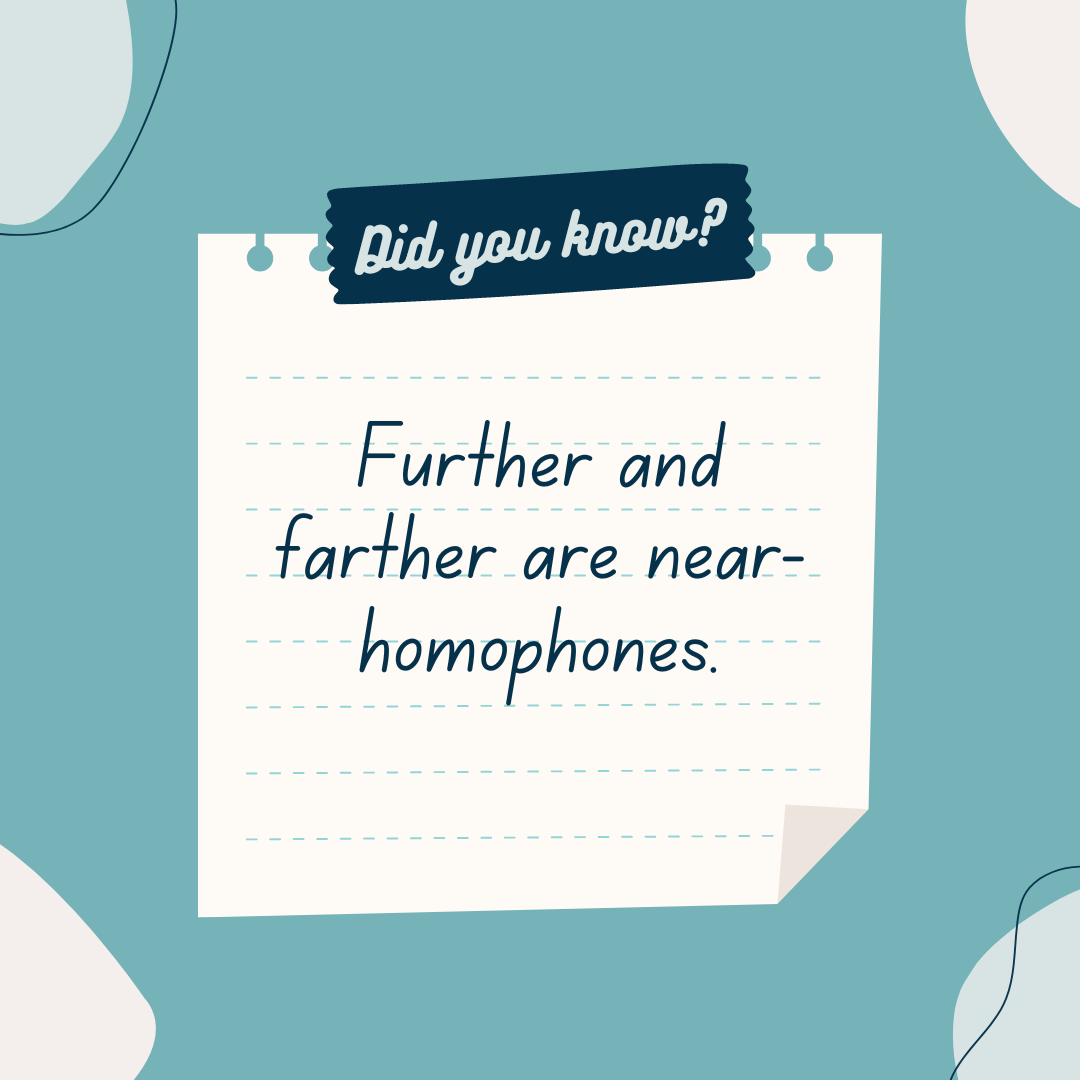
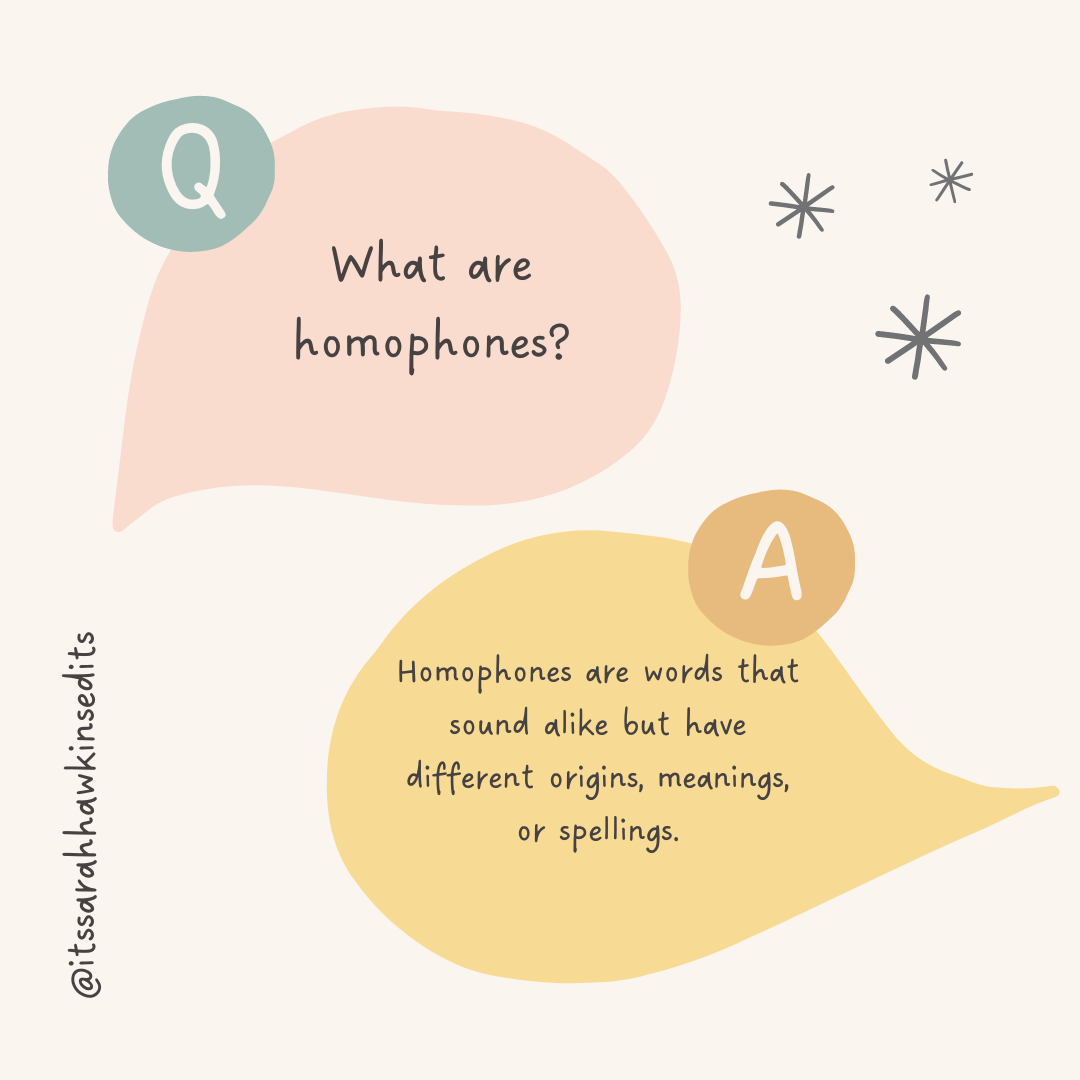
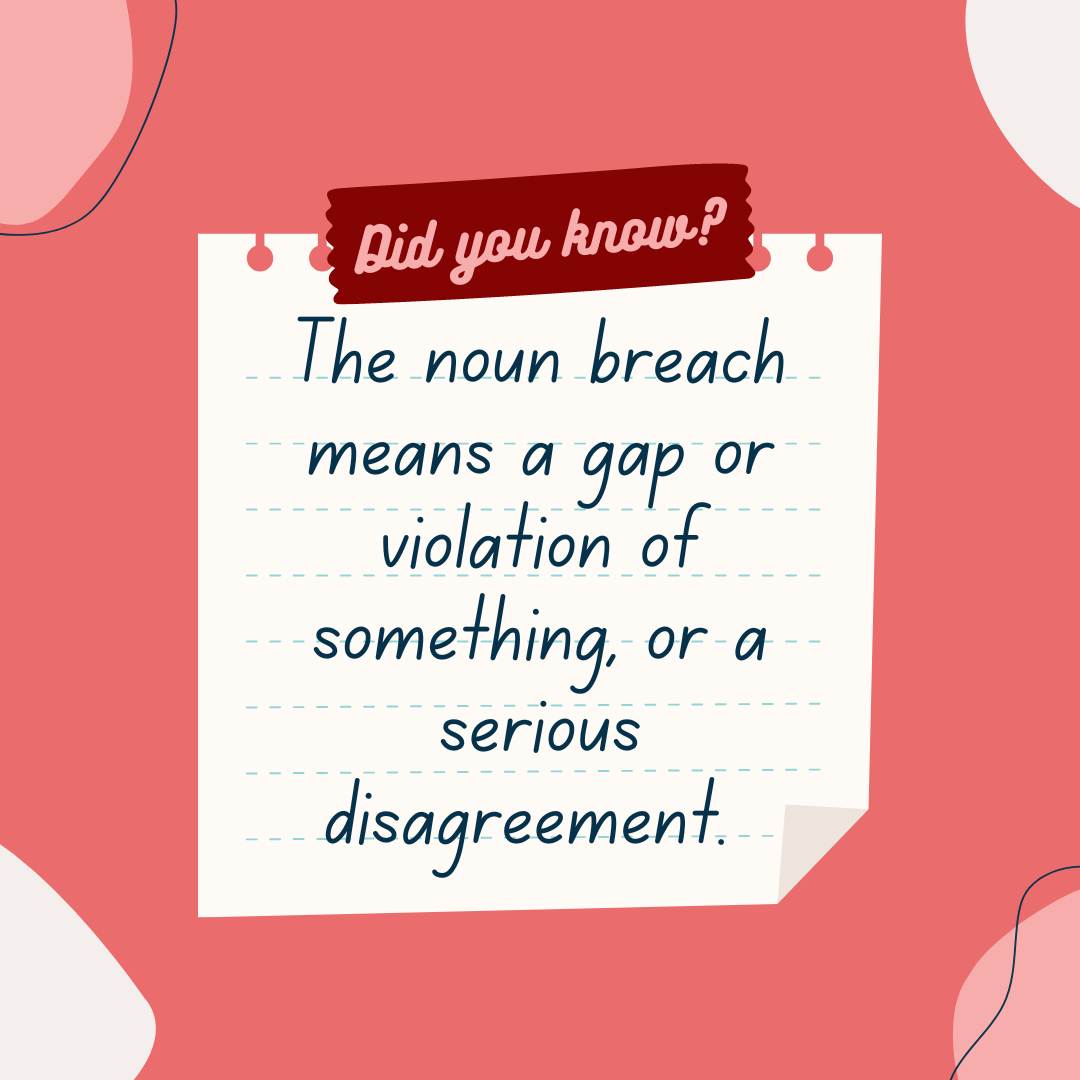

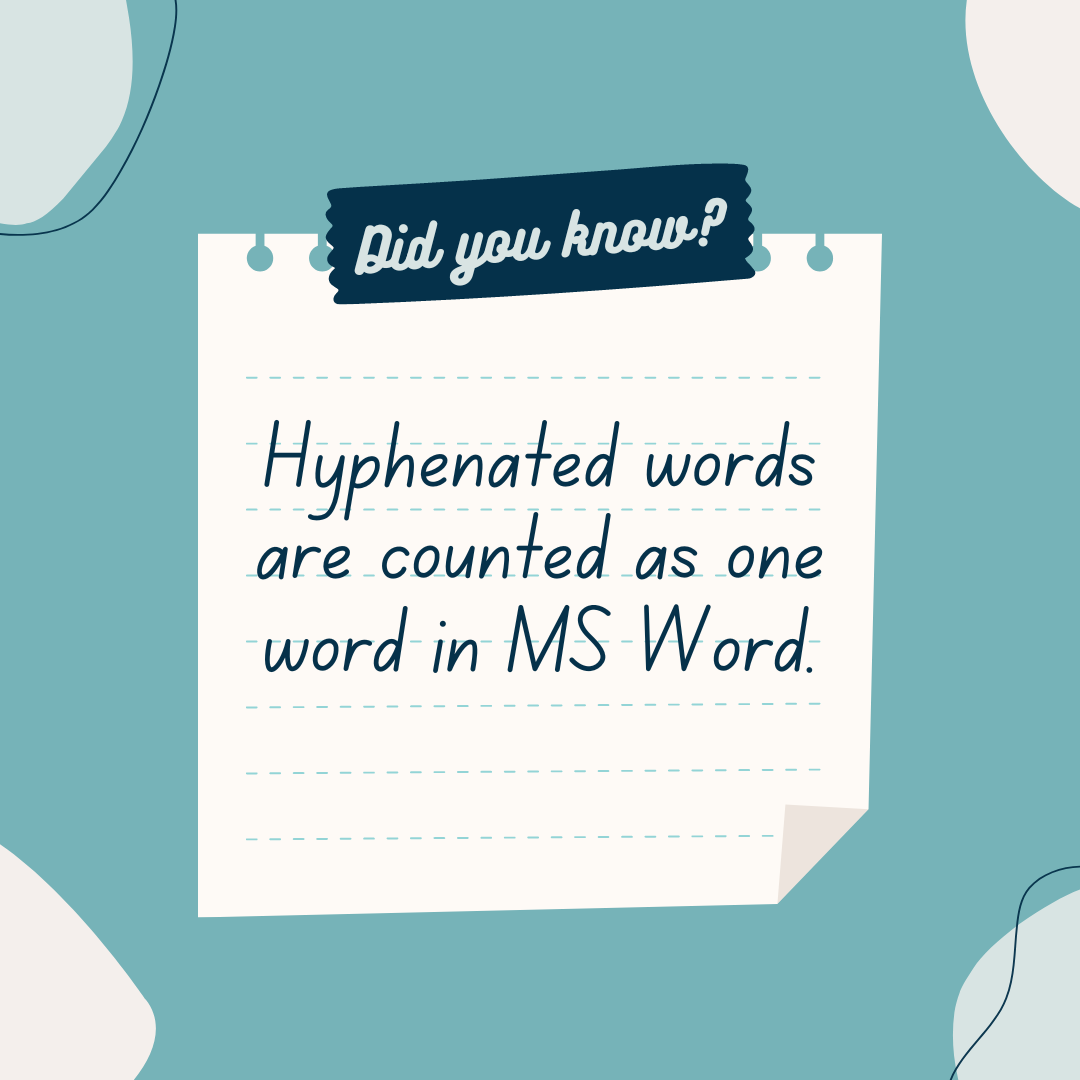
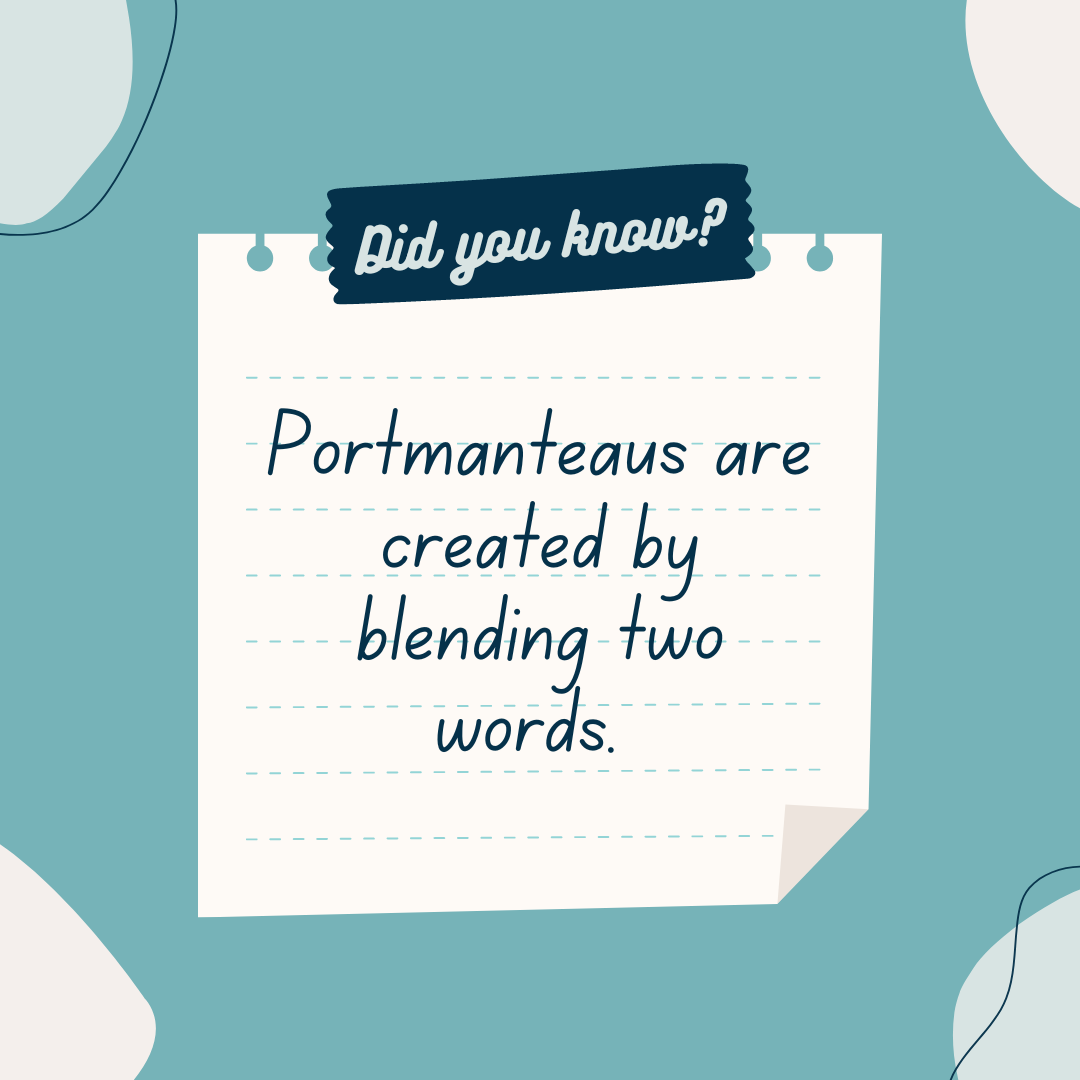

 RSS Feed
RSS Feed
